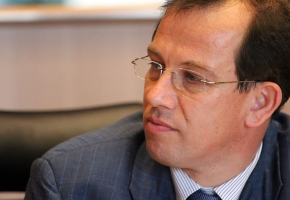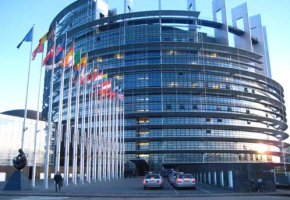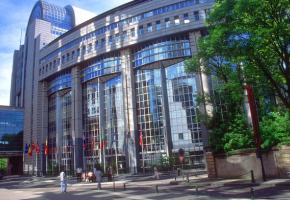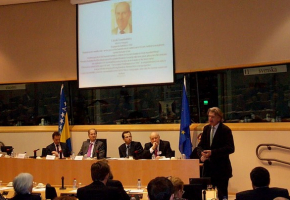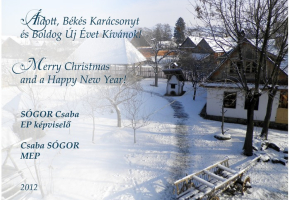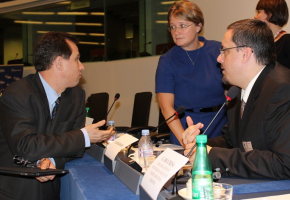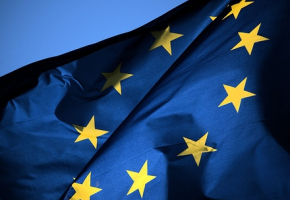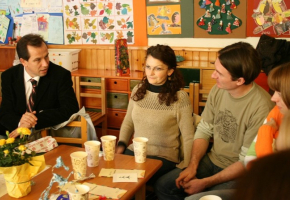News archive
Referendum in Latvia: Russian may become official state language
On February 18th Latvia voted on whether to grant Russian the status of second state language. The referendum was initiated by the Native Language NGO with the aid of the For Human Rights in United Latvia political party.
About the future of the dairy industry and the 2012 Annual Growth Survey in the EP
Several issues that have a direct effect on the life of the Hungarian community in Transylvania were discussed during the plenary session of the European Parliament in Strasbourg between the 13th and 16th of February.
The situation of the Hungarian community in Subcarpathia, presented in the EP
The European Parliament’s Intergroup for Traditional Minorities, National Communities and Languages held an extraordinary meeting on 7 February. During the meeting, two Hungarian politicians from the Zakarpattia Oblast (Subcarpathia) region of Ukraine, Miklós Kovács, president of the Cultural Association Of Hungarians in Subcarpathia and László Brenzovics, deputy president of the Subcarpathian Regional Council presented the situation of the Hungarian community in in the region and the political stakes of the upcoming Ukrainian elections.
The EP voted on the European dimension of sport
During the plenary session of the European Parliament in Brussels from 2 February, MEPs voted with overwhelming majority for the motion for an EP resolution on the European dimension of sport activities based on a report of the Committee on Culture and Education. The elaboration of the report was made possible by the Lisbon Treaty, which elevates the field of sport into EU competence. The document can be considered a response to the European Commission’s white paper on the subject from last year.
Minority protection in the EU should be based on the model of the Roma Strategy
The January plenary session of the European Parliament (EP) in Strasbourg was dominated by mid-term elections inside the house. MEPs elected a new President, while the committees and working groups also changed their leader.
László Szombatfalvy’s book on risk analysis, presented in the EP under Csaba Sógor’s patronage
MEPs Csaba Sógor and Anders Wijkman organized a book presentation in the European Parliament on the 11th of January 2012 in cooperation with the Swedish Environmental Institute. The event hosted the presentation of László Szombatfalvy’s book entitled The Greatest Challenges of Our Time. The volume can be accessed freely on the http://thegreatestchallengesofourtime.com website and has been published in print in English.
Christmas Greetings
Csaba Sógor, MEP
Solidarity and joint efforts – sources of common understanding in the Carpathian Basin
The European Parliament’s Intergroup for Traditional Minorities, National Communities and Languages held its last meeting this year on the 15th of December in Strasbourg. The agenda presented several topics: a presentation of The Movement of Reconciliation and the Charter of Reconciliation, an analysis of the situation of Slovakian citizens deprived of their citizenship in the presence of Olivér Boldoghy and the presentation of an English volume about the work and fate of János Esterházy.
The EPP calls for a stronger Europe and for the strengthening of the EU’s values and interests
The 20th Congress of the European People’s Party is being held between the 7th and the 8th of December in Marseille. On the occasion of the Congress, heads of state and government of the EPP will hold a consultative meeting in preparation for the upcoming EU Summit in Brussels.
The Talentum Foundation from Miercurea Ciuc is fifteen years old
The Talentum Foundation was started fifteen years ago by young, enthusiastic teachers and their friends in Miercurea Ciuc with the aim to provide extracurricular activities for children in Harghita County. They’ve mobilized several hundred children during the past years through their play houses organized in holidays and at community events.








